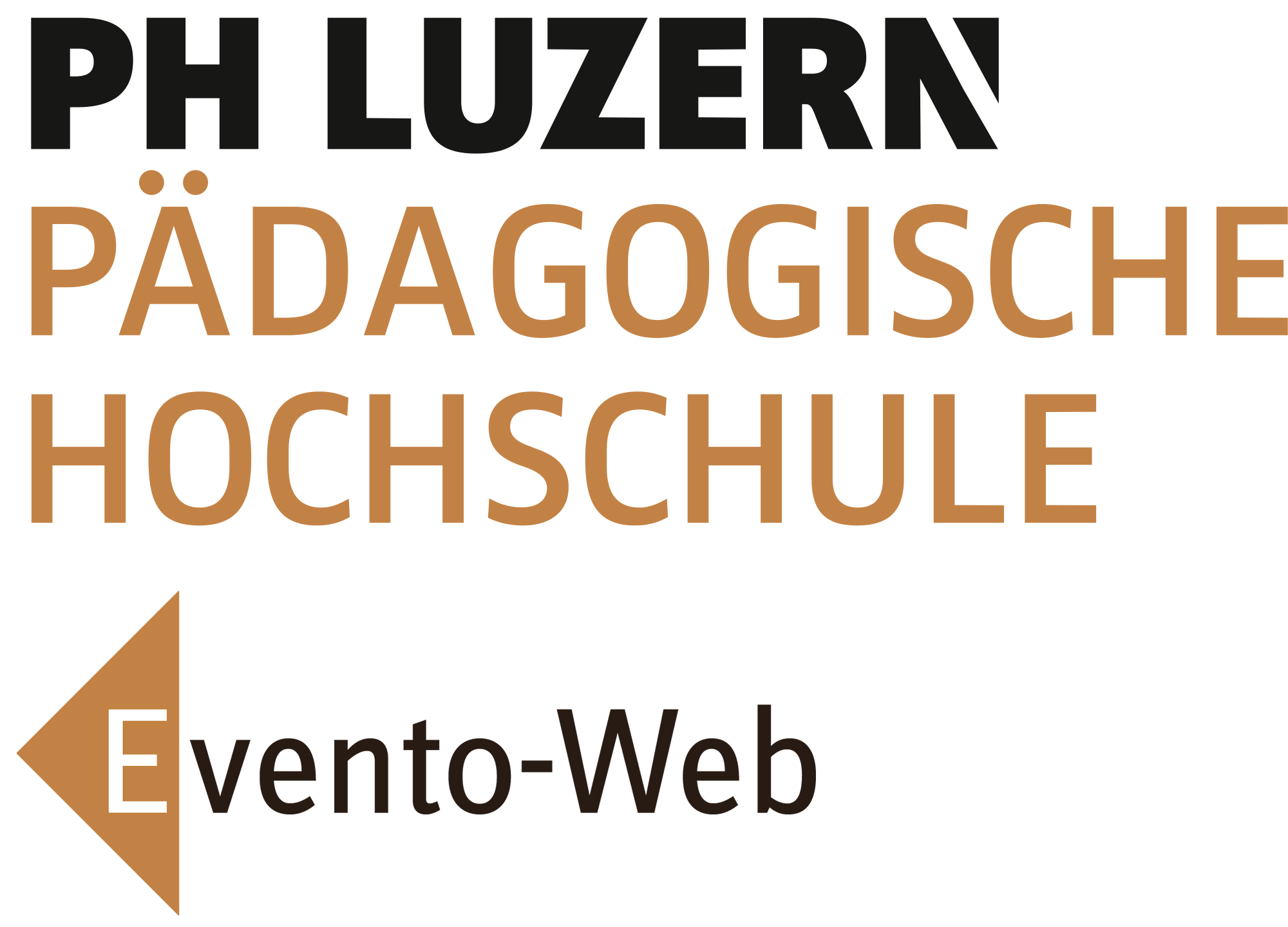Switzerland and Europe in the 19th and 20th centuries: experiences of crisis and renewal, memory cultures, social and political movements H24.001
| Nummer: | PLU.MO91.01-GM.H24.001 |
|---|---|
| Veranstalter: | PLU.Stabsabteilung IB |
| Leitung: | Thomas Zaugg, u.a. |
| ECTS-Punkte: | 4 |
| Datum: | 12.09.2024 - 12.12.2024 |
| Raum: | UP 2.A15 |
| Unterrichtssprache: | Englisch |
| Weitere Informationen: |
Lehr- und Lernformen
In a perspective of cultural, political and social history, the module focuses on themes of 19th and 20th century Swiss and European history. After problematising the dimensions of „time“ and „space“ it concentrates first on events, their perceptions and the development of political, but also religious movements in the revolutionary contexts of the early 19th century. It then focuses on the often controversial construction of national identities and especially on the role of memory culture. Regarding the turn of the century of 1900 and the early 20th century, experiences and perceptions of crisis, décadence and war, political and intellectual movements of renewal – especially nationalist –, and again memory culture build the main fields of interest. Fears of a nuclear war, the cultural transformations of the 1960s and 1970s, and the new politicisation of society regarding issues such as the ‘Third world‘, questions of human rights, ethics and the environment in an increasingly entangled, globalised world are the focal points of the module’s perspective on the second half of the 20th century.
Throughout the module, Sitzerland’s relationship to „Europe“ – also to institutionalised Europe – and its positioning within Europe are thematised.
Educational objectives
- The students acquire specific thematic knowledge as well as concepts and perspectives of cultural, political and social history to critically assess themes of European and Swiss 19th and 20th-century history.
- They are able to apply this knowledge to the independent development of thematic issues and to critically discuss different perspectives.
- They are able to comprehensively communicate results of their research both in written papers and – in a more visualized form – in posters.
- They gain experience in preparing and writing a research paper in history (only for students acquiring 6 ETCS).
Voraussetzungen für die Teilnahme
Study techniques and teaching methods
In each thematic field, an introductory and conceptual input will be given that, apart from the reading assignments, will constitute the framework for the concrete work of each student and of the group as a whole. Furthermore, inputs regarding the analysis of primary sources within the thematic fields of the module will be given.

